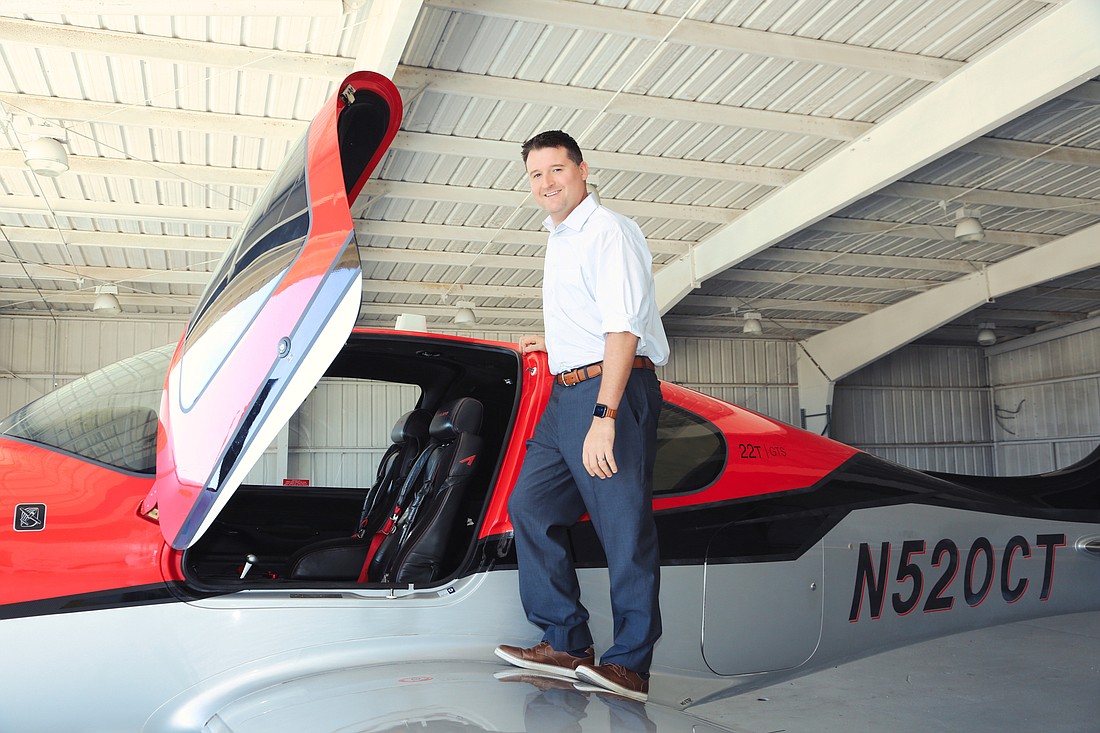- December 15, 2025
-
-
Loading

Loading

When Paragon Flight Training first opened for business in 2006, its student population mostly consisted of people interested in becoming recreational pilots.
But over the last four to five years, the Fort Myers-based flight school has seen a big shift toward students seeking to become professional or commercial airline pilots. The company, in turn, directed its focus there. “That’s been a big driver in our growth and business model going forward,” says Christopher Schoensee, president and owner of Paragon Flight Training.